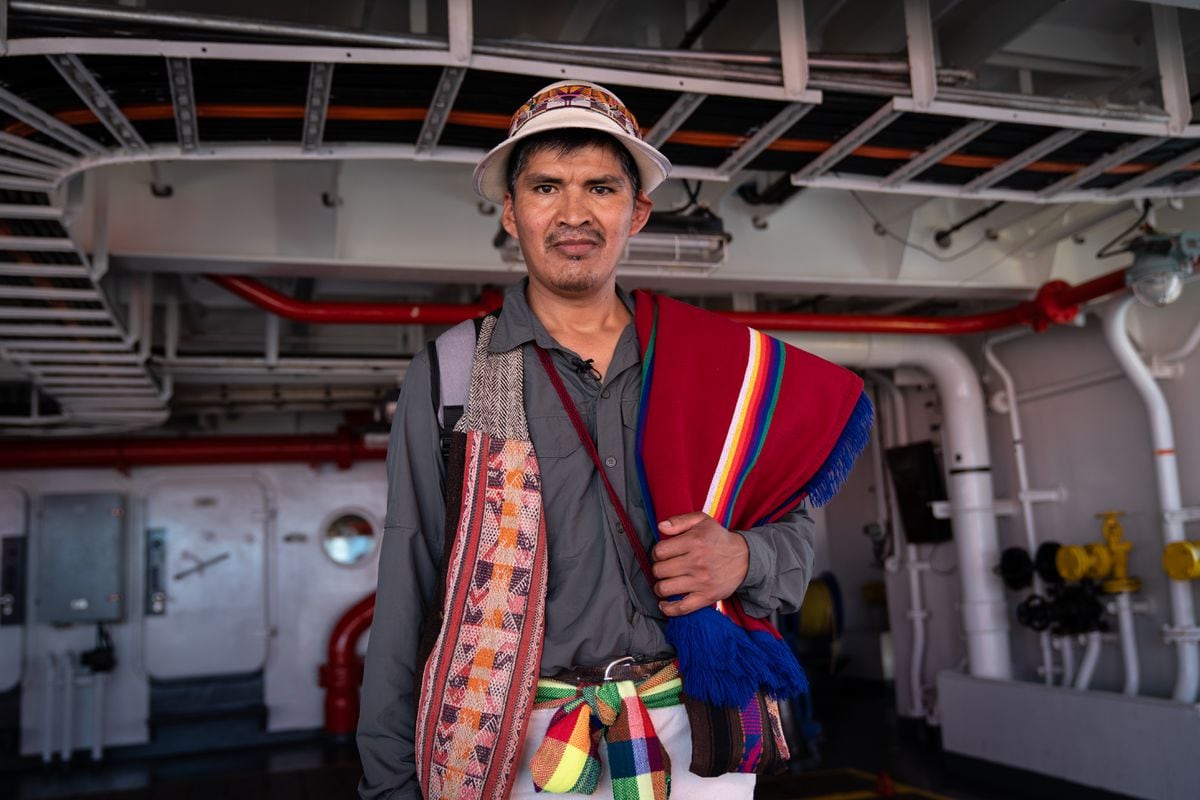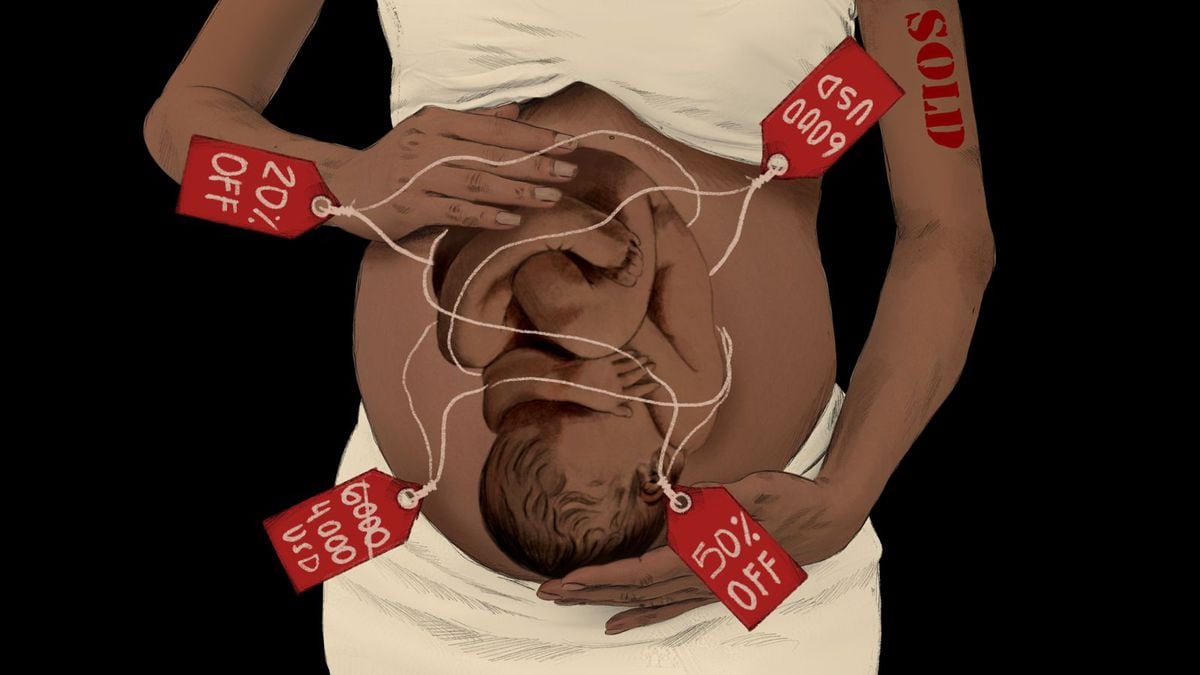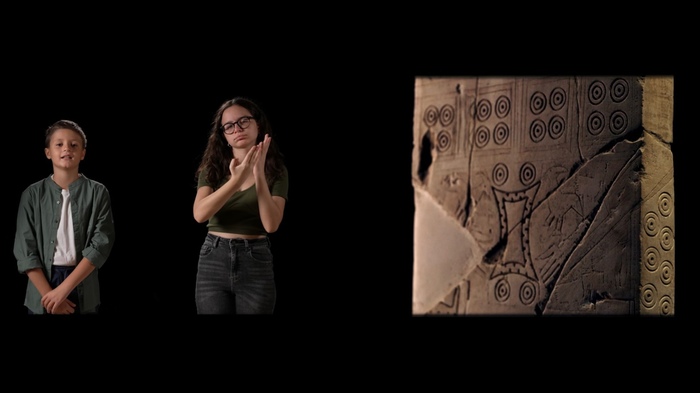Midwives Agripina Caicedo and Pascualina de Mosquera attend a birth in Buenaventura, Colombia, in October 2009. Joana Toro (Getty Images)
The Constitutional Court has recognized this Thursday midwifery as ancestral knowledge and cultural heritage of Colombia.
Midwives are the people who have the job of assisting women in childbirth, a job that women used to do based on the ancestral traditions of their community.
Nowadays, to be a midwife, a specific qualification is required.
The court considers that "midwifery is a manifestation of the plurality of the nation and a form of protection of the reproductive rights of women who belong to the communities where this knowledge is exercised."
This recognition obliges the Ministry of Health to integrate midwives into the Social Security Health System and the Congress of the Republic to legislate on this issue.
The guardianship was filed by midwife organizations from Chocó and Valle del Cauca.
They argue that, in addition to attending births, they accompany the pregnant mother and take care of the newborn baby, provide ancestral medicine and diagnosis services, and treat illnesses in the communities to which they belong through the use of medicinal plants.
Ivonne Johanna Orejuela has been a midwife for 17 years and is part of the Bogotá Ethnic Midwifery Network.
Orejuela arrived as a displaced person due to the conflict and she affirms that practicing midwifery in the capital has been an ordeal because it is not legal.
“I don't have permission to give birth at home, we do it because women look for us and our duty is to support them.
In addition, this allows us to reconnect with our ancestral customs, but it has been very difficult to exercise due to the economic interests that exist in maternity.”
Orejuela believes that this ruling is going to lower the rates of obstetric violence.
"The woman is much better cared for in her house," she says.
Midwives dress a newborn. Joana Toro (Getty Images)
The legal organization Ilex Acción Jurídica y Asorupa, an NGO that brings together 1,600 traditional midwives who have been safeguarding ancestral knowledge and medicine for 34 years, launched a legal battle to get the Court to give them this recognition and request the same protection measures. than health workers during the pandemic.
The Court considered that the Ministry of Health "violated the fundamental rights of the plaintiff midwives by not prioritizing them in the National Vaccination Plan against covid-19 and by excluding them from the economic recognition granted by the Government."
The letter now gives the Ministry of Health six months to make the payment of the economic recognition and carry out an information campaign about the covid vaccine.
In addition, the Court points out that there is a constitutional and legal duty to integrate midwifery as a form of ancestral medicine into the General System of Social Security in Health, making it clear that this process must be carried out in consultation with those who exercise the practice.
“Midwives are a source of sex education and family planning in the communities they are a part of,” he says.
Subscribe here
to the EL PAÍS newsletter on Colombia and receive all the key information on the country's current affairs.


/cloudfront-eu-central-1.images.arcpublishing.com/prisa/L64PMGMKXNDP5EHGZTYIAK3UTU.jpg)






